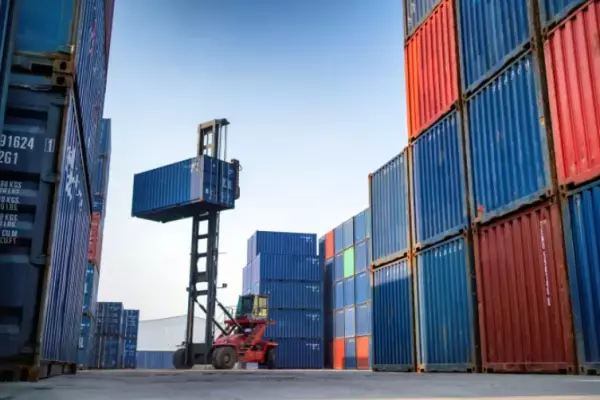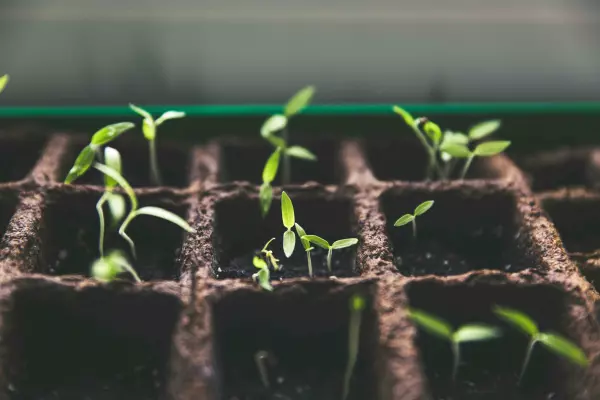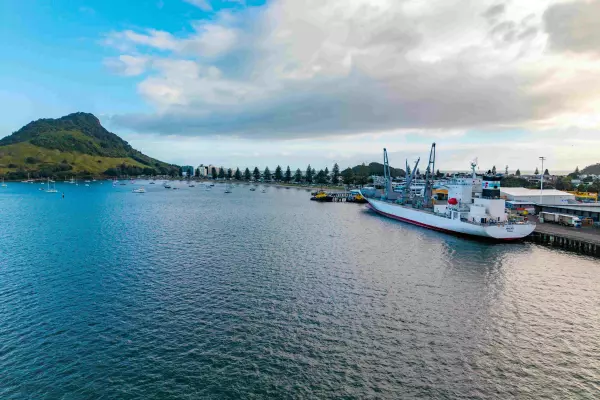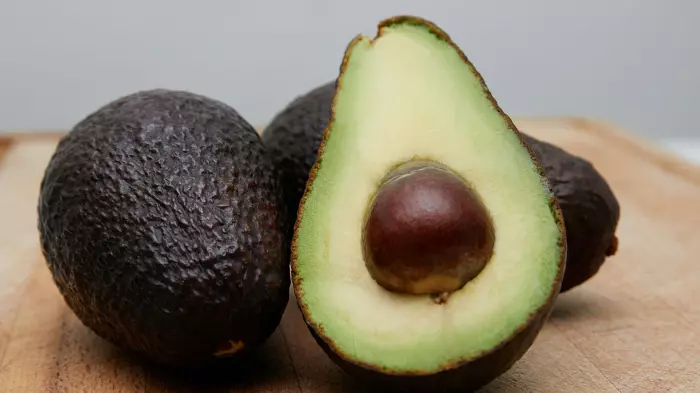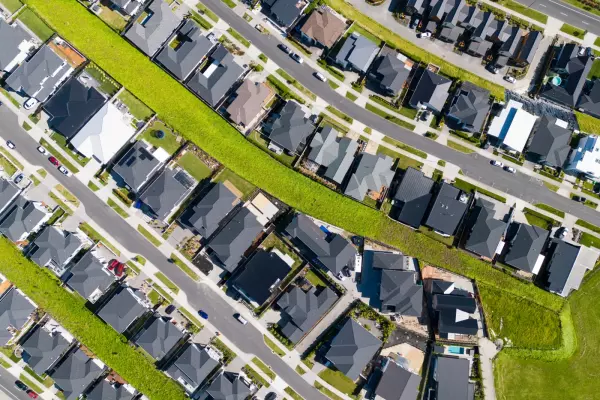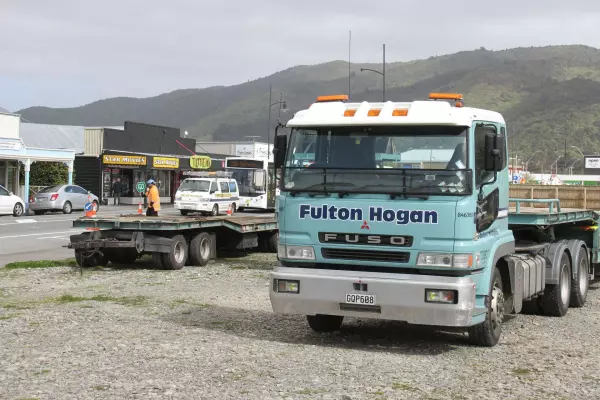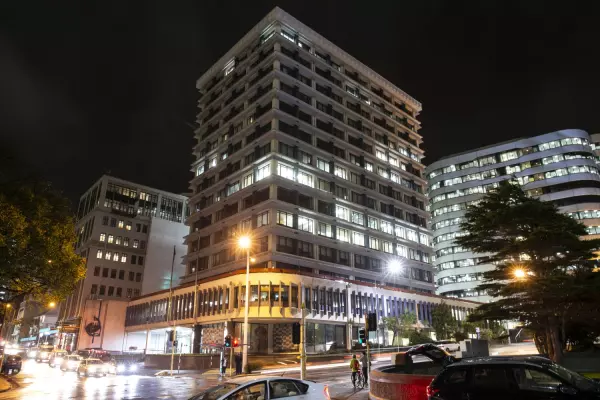So just what is an essential service?
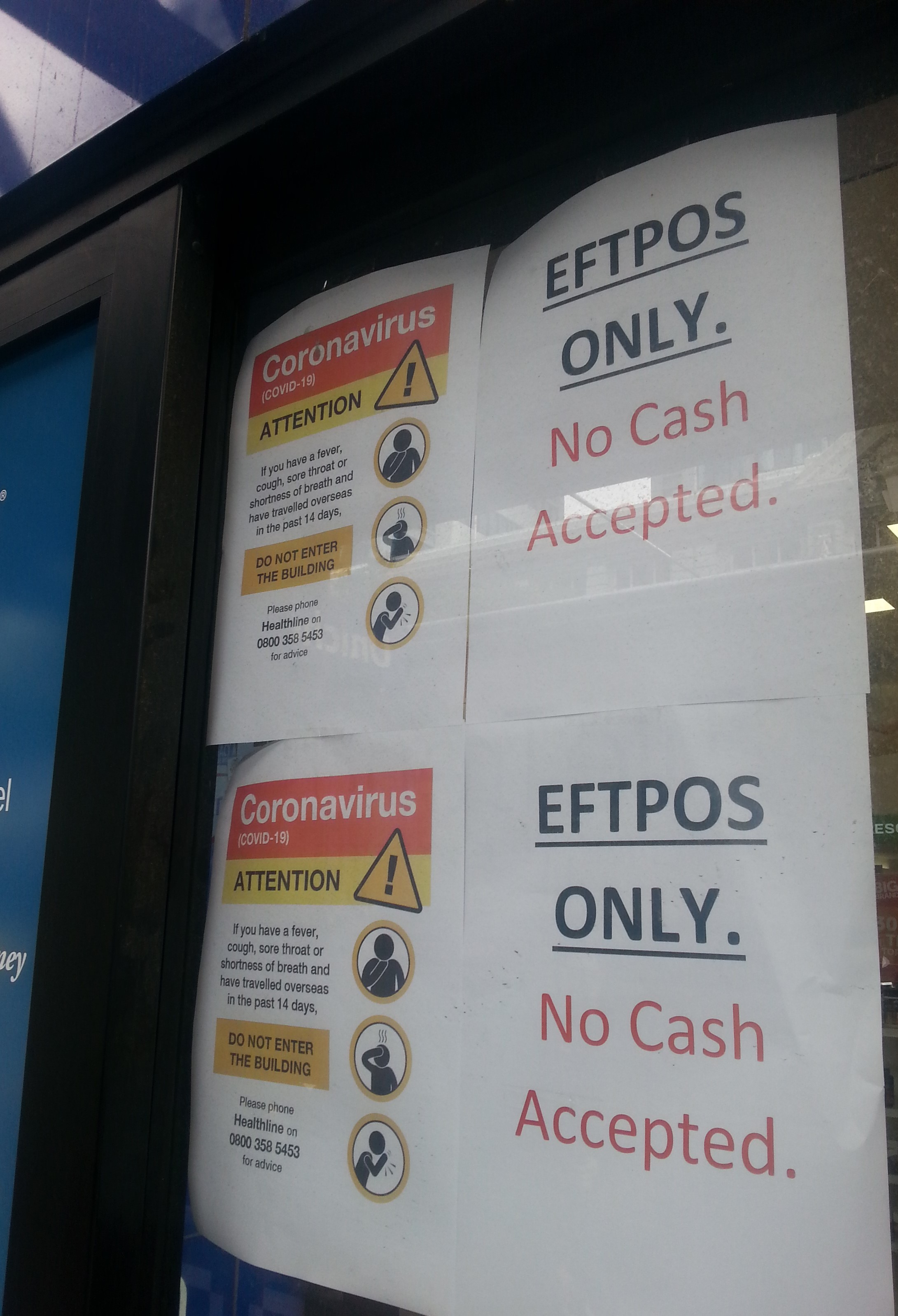
As New Zealand prepares to lock down all non-essential services for at least four weeks, questions are swiftly emerging about what exactly constitutes an essential service.
Unite against covid-19, a New Zealand government website, said essential services are those that continue to provide the “necessities of life” for everyone in the country.
“This means food, medicine, healthcare, energy, fuel, waste-removal, internet and financial support will continue to be available,” it said.
Earlier today, Prime Minister Jacinda Ardern said New Zealand is going into a four-week total lockdown from midnight Wednesday to stop "tens of thousands of people from dying.”
"We are asking all New Zealanders outside essential services to stay at home."
Some are obvious like banks, insurers and other financial institutions and all health-related services such as hospitals, primary care clinics, pharmacies, medical laboratories and care facilities as well as ambulance and mortuary services.
Fisher & Paykel Healthcare said today it has been designated an essential service and will continue operations in its Auckland facilities.
“As an essential service, we are continuing to focus on meeting the global demand for our respiratory products that are directly involved in treating patients with covid-19,” said chief executive Lewis Gradon.
Public safety and national security, including security and intelligence services, and any entity involved in covid-19 response, hazard monitoring, resilience, diagnostics for essential services, are on the list, as is all border control, such as Customs, Immigration New Zealand, and the Ministry for Primary Industries.
At a local and national government level, any entity involved in covid-19 response or with civil defence/emergency management functions will continue operating as well as "key public services."
Electricity, gas, water, waste, fuel, telecommunication services, internet providers and media are also considered essential.
Chorus said it will use the next 48 hours to formalise how field work will be prioritised.
“Chorus provides strategically critical infrastructure that will be absolutely essential to New Zealand during this time, and we are very aware of the need to keep as many people as possible connected,” said JB Rousselot, Chorus chief executive.
The list also includes accommodation for essential workers and people who need to be quarantined or isolated, as well as business and construction related to essential services and critical infrastructure.
All courts and tribunals continue to operate as well as critical Crown entities such as the Electoral Commission.
Businesses involved in supply, delivery, distribution and sale of food, beverage and other key consumer goods are essential services, but not takeaway shops.
Also, primary industries, including food and beverage production and processing, will continue to operate as will veterinary and animal health/welfare services.
New Zealand King Salmon sustainability and stakeholder manager Paul McIntyre said it is considered an essential service.
“We will continue to supply the New Zealand market which is 50 percent of our market, China which is back taking our product and finding more retail opportunities in our other markets, including North America,” he said.
Fonterra chief executive Miles Hurrell told BusinessDesk that “we have received advice from the government that Fonterra is considered an essential service. As part of the food supply chain, the collection of Fonterra farmers’ milk and our operations will be prioritised."
Hurrell said Fonterra employees in the food supply chain, such as farmers, tanker drivers, manufacturing and distribution centre employees, are to keep working but follow the very strict guidance from the government to protect themselves and the community from covid-19.
Welfare and social services, including NGOs, which meet immediate needs and transport and logistics services - including New Zealand Post and courier services and any small passenger service vehicle driver – including taxis and ride-share services - are also considered to be essential.
However, while these businesses will continue working, they will put in place alternative ways of working to keep employees safe, including shift-based working, staggered meal breaks, flexible leave arrangements and physical distancing, the government said.
On the flip side, all non-essential businesses must now close. All bars, restaurants, cafes, gyms, cinemas, pools, museums, libraries, playgrounds and any other place where the public congregate must close their face to face functions.
Westpac New Zealand chief economist Dominick Stephens said it's the right decision as saving lives come first but "the economic cost will be severe indeed."
Last week, Westpac forecast that GDP would shrink by 3.1 percent based on assumptions such as an 85 percent drop in overseas arrivals, a 70 percent drop in domestic travel, and a 4 percent drop in domestic consumer spending.
"The measures announced today are much tougher than that, so the impact on GDP will be much larger than 3.1 percent. While this will be a dramatic decline in economic activity, it will be temporary," he said.
Comments



